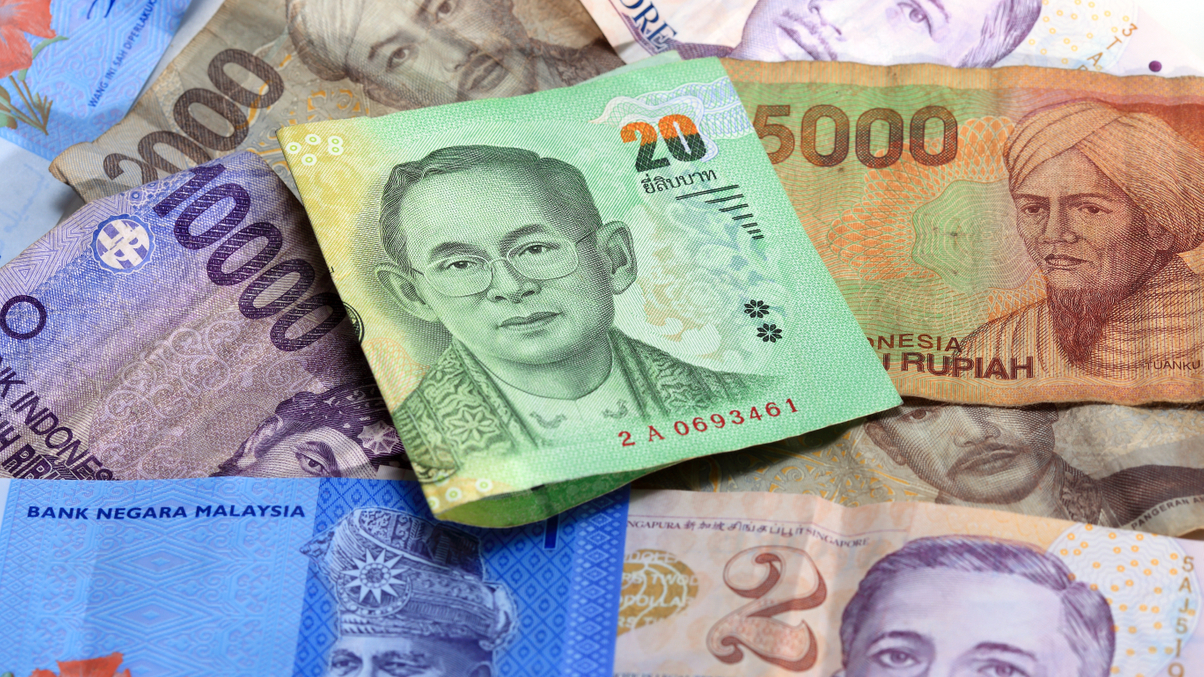Why takaful companies’ liquidity could prove a boon
The Islamic insurers’ need to preserve liquidity could leave them well placed to buy equities, once Malaysia finally emerges from the coronavirus pandemic.

Malaysia’s Islamic insurers’ traditional focus on maintaining liquidity could help position them for equity investing opportunities – once the country emerges from the current torrid time for its financial markets.
Sign in to read on!
Registered users get 2 free articles in 30 days.
Subscribers have full unlimited access to AsianInvestor
Not signed up? New users get 2 free articles per month, plus a 7-day unlimited free trial.
¬ Haymarket Media Limited. All rights reserved.


